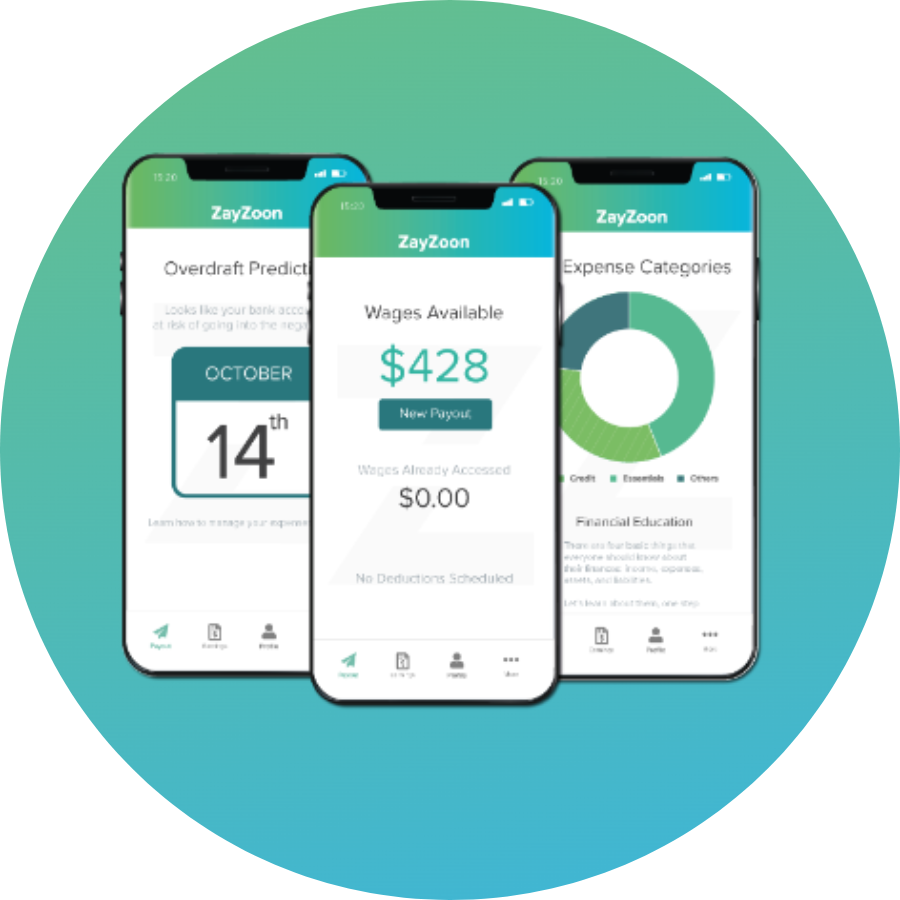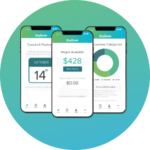Access to earned wages is a growing trend, particularly among new employees entering the workplace. This sector of employees and their need to access earned wages prior to scheduled paydays is driven by desire, necessity, and an expectation of immediate compensation. For businesses who offer access to earned wages, this is proving to be a positive recruiting and employee retention tool.
Earned wage access is the ability for employees to access a portion of their already earned wages outside of a traditional pay cycle. Access to earned wages help employees meet unexpected expenses without having to pay late fees, compile bank overdraft fees, or result to predatory loans which can be extremely costly. It is a solution that also overcomes the need for a payday advance from the employer, who isn’t always in a position to advance payroll funds.
Offering earned wage access is a win-win solution for employers and employees alike. Businesses who offer a pay system that fits employee needs boosts the company culture by supporting and empowering employees, improves morale, increases productivity, and builds greater loyalty. Employees benefit with easy access to their earned wages. Whether this is due to a short-term cash flow challenge, emergency or unexpected expense, access to earned wages has proven to reduce employees’ financial stress and improve their overall outlook.
Southland Data Processing partners with ZayZoon to offer Wages on Demand and the ZayZoon VISA® Prepaid Card. ZayZoon is a leader in earned wage access services and offers a simplified, affordable solution. For more information about ZayZoon, Wages on Demand and offering employees access to their earned wages, visit our website any time and get started today.
If your business is considering implementing Wages on Demand, Contact Us today to speak with an experienced payroll expert.
For the latest updates, follow us on LinkedIn, Facebook, Twitter, YouTube, Instagram and TikTok for even more business tips and news.
*Southland Data Processing, Inc. (“SDP”) is not a law firm. This article is intended for informational purposes only and should not be relied upon in reaching a conclusion in a particular area of law. Applicability of the legal principles discussed may differ substantially in individual situations. Receipt of this or any other SDP materials does not create an attorney-client relationship. SDP is not responsible for any inadvertent errors that may occur in the publishing process.


